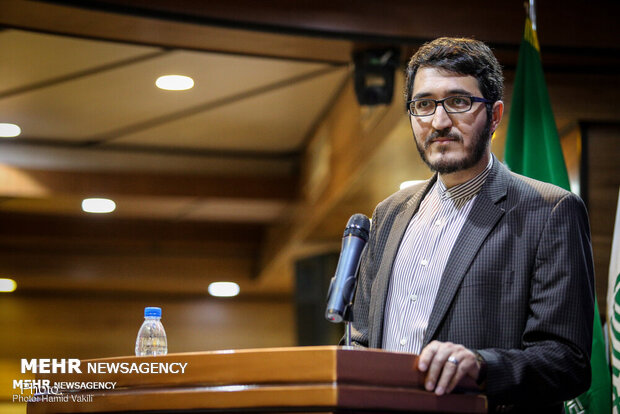Lebanon. Some call it the “bride of the Middle East” and some call it the "Middle East thermometer", but this almost 70-year-old republic is known to many people around the world, especially in West Asia, as symbol of "resistance".
The Resistance in 2000 dealt the first severe blow to the Zionist regime's borrowed and cancerous existence in the region and liberated southern Lebanon from occupation. Six years later, the Resistance struck an even deadlier blow to the regime in the July War and brought back honor to Arab nations and showed off their capabilities and strength on the field, which had been denied for decades through the means of propaganda and Arrogant policies.
During the 33-day war, US officials arrogantly thought that the first step in realizing the idea of "The New Middle East" would be in attacking the smallest and presumably the weakest country in the region, that is Lebanon, while apparently not having learned anything from the Zionists' flee from southern Lebanon and lacking accurate knowledge about the Lebanese people and the place of ‘Resistance’ among them.
Officials in Washington and Tel Aviv thought that the support for and reliance on the Resistance was limited to a small part of Lebanese people and Shias, but a month of fierce fighting showed once again that the Lebanese people loved Hezbollah. Many prominent Lebanese politicians, whether Shias, Sunnis, or Christians, are fond of Hezbollah, and Western policy-makers are incapable of recognizing the truth of the West Asia region.
The West’s main problem in dealing with this region is the institutionalized colonial view of their officials, who seem to be still living in the nineteenth and early twentieth centuries and think that these countries are still under their mandate. The missing key element in their equations is the "nations of the region." Numerous examples of this disregard for the interests and tendencies of the people of West Asia can be listed in the words and actions of Western officials.
The mosaic structure of Lebanon and the widespread sectarianism that governs it have led to conditions that are virtually unparalleled in almost any other country. These conditions have created unique experiences for the Lebanese, including, unfortunately, living in difficult, unstable, and turbulent conditions. The experience of having lived under the rule of the Ottoman Empire, the French mandate, many years of civil war, occupation and aggression of the Zionist regime (which is still going on in one way or another), the sedition of the Takfiris and the cruel US sanctions, the most severe of which the Lebanese have experienced in the last year, all have made Lebanon an enduring and strong nation with great ability for coexistence.
These days, the people of Lebanon are going through another dark and terrible experience. But again, the same officials and governments that have shown that they do not understand the realities of Lebanon, are riding the wave of sedition and seeking the realization of their self-interested dreams in the ruins of the port of Beirut.
The resignation of the government and even statelessness are nothing new to Lebanon, and the Lebanese people will overcome it in the face of all shortcomings and will add another golden triumph to their country’s achievements by remaining strong in the face of the recent catastrophe.
The dear citizens of Lebanon will once again see which nations and governments are showing genuine support and sympathy for them, and which countries are seeking to plunge the dagger into the body of the “Middle Eastern bride”.
Fourteen years ago, on one of these days, "the Lebanese nation and its brave youth and intelligent politicians with a hard slap" disturbed the dreams of Washington, Paris, London, Riyadh and others in the 33-day war, but it seems that these countries are still itching to be slapped again. Do they not have any understanding of the concept, “once bitten, twice shy?”
By: Mohammad Mehdi Rahimi
MNA/4998347

























Your Comment